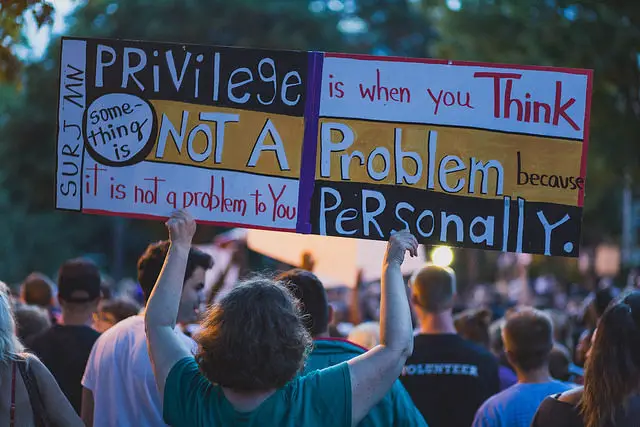Jonathan Dodd’s latest column. Guest opinion articles do not necessarily reflect the views of the publication. Ed
I like to think of myself as a man of the people. I suppose everyone might think that of themselves. Obviously not if you’re a woman. In that case you’d be a woman of the people, but somehow that doesn’t sound right, for various reasons I’m not going to get into this week. And nowadays, quite rightly, there are many variations and shades of person. I’m actually very pleased to be living in the world I inhabit now, rather than the one I was brought up in.
Being a man of the people means being able to mix with anyone and everyone, I think. It doesn’t depend on your class or other grouping, like it used to, it’s more a matter of your attitude. I’ve known geezers who had a great time hob-nobbing it with the nobs, and vice versa, and lots of people are quite different, they just wouldn’t be comfortable if they weren’t with their own kind.
In case of enemy fire, presumably
Many years ago I had relatives in the North. They once took me to the local pub. It was a low building with windows at the top of the walls, so you couldn’t see out. Or in, presumably. I wasn’t sure if it was to prevent wives seeing you in there, or to stop bullets. The glass had wire embedded in it. The doorway consisted of right-angles, like a pillbox, in case of enemy fire, presumably. The lights were armoured neon, there was a bar all down the long wall, and there was a space to stand in front of it, with your drinks. And actual sawdust on the floor.
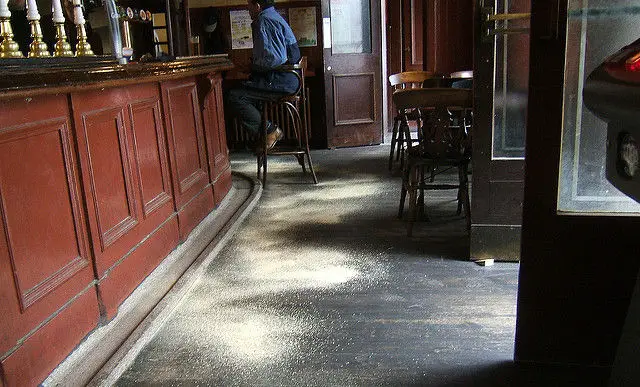
I didn’t ask for a nice Merlot or even a lager. Newkie Brown for me, I croaked. It turned out that everyone was very friendly, even though they found my accent hilarious and I couldn’t understand a word they said. On the other hand, I was once nearly thrown out of a pub in my home town of Hove because I was wearing a bell round my neck. This was, as I said, many years ago. There were certain social circles then in which it was de rigeur to wear a bell. It had to be small and made of brass in India, with a leather thong, and you wore it with your roll-neck jumper and corduroy jacket.
Don’t they know how modern and classless I am?
The landlord spotted it and roared at me in a most insulting manner. I was about to remonstrate, but I remembered just in time that I was only 15 and it was my brother’s local, so I hastily whipped it off and snuck it into my pocket. Funnily enough, quite a few years later I went to the same pub for a Sunday Roast (pre-vegetarian) with my family, and we were told that they didn’t allow children on the premises. I guess you can be a man of some of the people all of the time, or a man of all of the people some of the time, but you can’t be a man of all of the people all of the time.
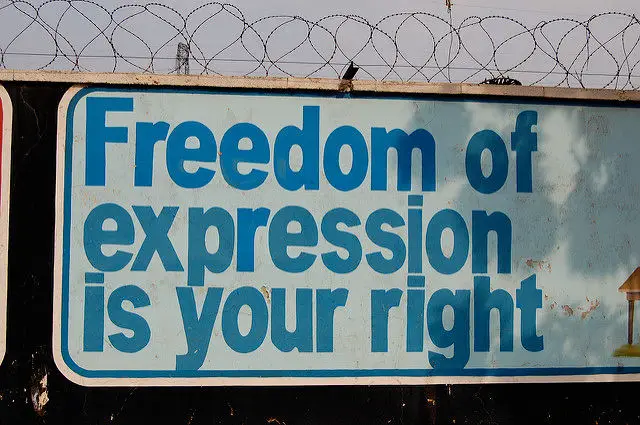
I’m always affronted when someone accuses me of being snobbish. How dare they! Don’t they know how modern and classless I am? Do I not embody the principles of free love and libertarianism and equality for all? OK. So I love foreign films, and I read lots of books, and I care about spelling and punctuation. What’s that got to do with snobbishness? I know what snobbishness is. It’s not being upper-class or living in a large house, although that helps. It’s the attitude that you’re one of the chosen few, whatever your actual status in society is.
We’re supposed to be more sophisticated than that
My example of the embodiment of snobbishness is that MP, the one with the big glasses and the drawly voice. He thinks that’s how God and the ruling classes talk, despite the fact that nobody has talked like that since British films of the Thirties and Forties. He’s proud of his country house and his businesses and his large expenses paid to him through being an MP. He feels entitled, and probably resents not being ennobled yet. But he knows he will one day, and he will. He votes against benefits for the poor, and spends public money on himself, as of right. He drives me mad.
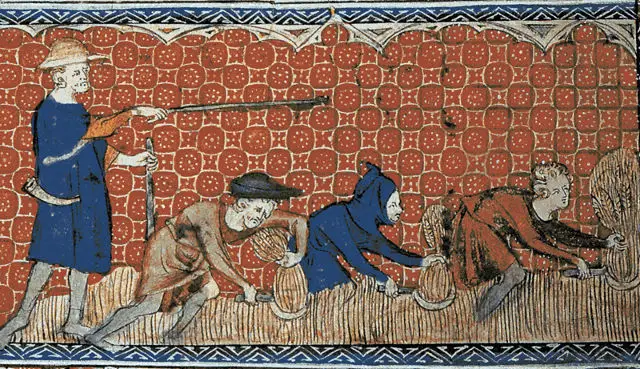
I think I’m entitled to rage against privilege, but I have an extra gear of rage for privileged people who really believe they deserve their privilege. Their existence is the opposite of the complete lack of privilege. It underlines the idea that some people deserve far more than they need, and that a lot of people don’t deserve anything. This is the sort of thing that played very well in the Middle Ages, when society was rigidly structured and there wasn’t even a working class, just serfs, but we’re supposed to be more sophisticated than that, with our access to information and our universal education.
Open tickets to a golden land
I don’t think that people are necessarily cleverer than me because their parents were rich. I also don’t think people are stupid because they don’t live in big houses and play golf. I’m more likely to assume the opposite. What I can’t understand is the new political idea that dismantling the welfare state is all right, at the same time as cutting the taxes of extremely rich people, who already own most of the planet. And beyond that, I really can’t understand why the people whose welfare state is being taken away are still voting for those who are rolling it back, and laughing all the way to the bank.
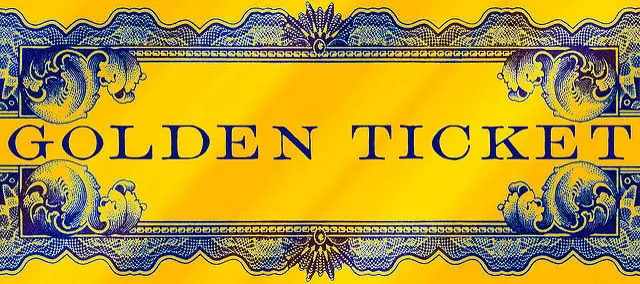
My parents were born at a time when privilege meant open tickets to a golden land. They had to leave school and go to work, while watching the sons of local professional families being sent away to boarding schools and then walking through the door to Oxford or Cambridge. They also grew up in a culture that told them to conform, and not to dare to criticise. My father wanted his sons to climb that ladder, and my parents worked extremely hard to send their sons away too.
The goal was all-important
They managed to do this, and it worked to an extent, but they didn’t notice that new grammar schools were springing up everywhere, and new universities. They didn’t consider the effect on us of being sent away, because the goal was all-important. I’m grateful to my parents for their love and their efforts, but I became a stranger, and they never wanted to talk about anything or answer any questions. It’s too late now, of course, and I am what I am. It didn’t work for me, obviously, and I’m glad I didn’t spend my life as a solicitor or accountant in some office somewhere.

I’m not disparaging solicitors or accountants, or the hard work they put in and the good work they do. It’s not for me, and I believe I would have been very unhappy doing that. The urge to make sure your children are safe is very strong. The urge for them to do better than you can be problematic. They may not be up to it, or they may not want the same thing, or they may actually want something else. If I had been asked at any time in my childhood what I wanted, I’d have said that I wanted to be at home.
The numbers of Old-Etonians who rise to the top
Nobody asked me if I wanted to go away, or asked me how I was doing, it was all laid down in advance. Nowadays, in general, we have a more child-centred approach, and we involve our children in a much healthier way in family affairs that were completely hidden from me. And we talk. It’s much more common nowadays for people to make a success of themselves by their own efforts, although most of them will encounter or have to struggle with someone on the way up who’s there because of family connections or a privileged upbringing.
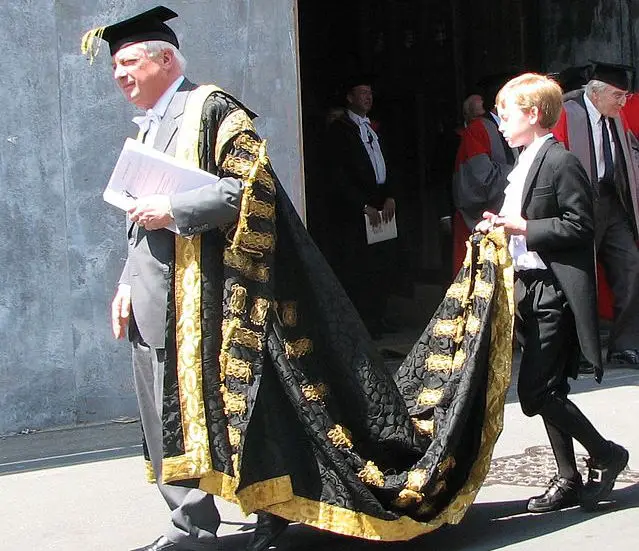
I’m embarrassed at the numbers of Old-Etonians who rise to the top. I don’t believe they’re brighter than anyone else, and there are almost certainly many others who could do the same job at least as well, but who will never get the chance, because they don’t have the same privileged background. I’m embarrassed to find we have a Foreign Secretary who’s laughed at, but who seems to be bulletproof, and I can only assume it’s because he’s a member of the club.
I never bought into this model
I’m also embarrassed at the continuing abuse of these privileges, which nobody seems to care about. Why is it that donors to political parties get to become lords and ladies? Because they donate funds to political parties, obviously. The original lords were all promoted from the ranks of the army that won the war and took over the kingdom. They were rewarded with land, and given rights.
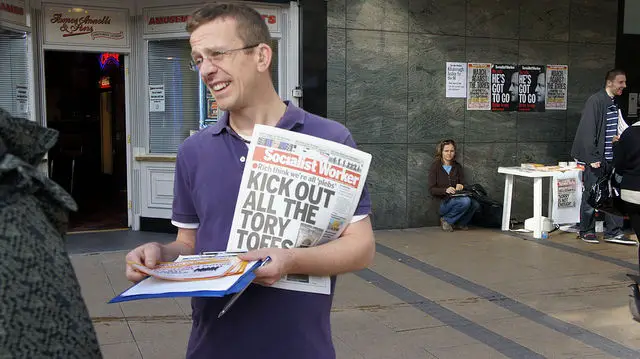
These people formed the backbone of the aristocracy, and it’s all about privilege. Many generations later, the qualities of the holders of such rank haven’t done anything to deserve it, but they expect to be treated as if they have, and those on the way up want the same thing, for themselves, and for their children. My problem was that I never bought into this model, and my difficulty with my parents is that they were unconsciously trying to enter the same system.
So obsessed with those who live in privilege
I’m sorry I disappointed my parents, and I can’t have a conversation with them about it now. I know I never would have been able to anyway, because we didn’t talk about anything that was important to me, and I’m sorry about that. But I don’t understand why people are still so obsessed with those who live in privilege, and why they idolise them, when there certainly isn’t any idolisation coming down the same street. I admire people who have carved out their own careers or businesses, using their own talents and drive.
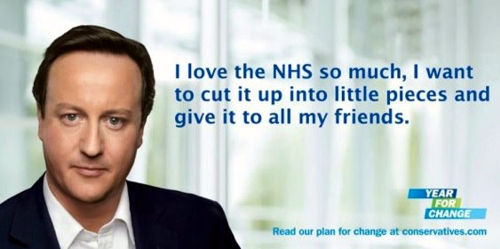
I don’t admire the children or descendants of people who grabbed privilege, using that to climb the greasy ladder and push others aside, many of whom are more talented or deserving. And I certainly don’t admire their efforts to make their world more privileged than it already is, and ours even less so.
If you have been, thank you for reading this.
Image: diversey under CC BY 2.0
Image: lhoon under CC BY 2.0
Image: rhinman under CC BY 2.0
Image: public domain
Image: digitalartform under CC BY 2.0
Image: opclub under CC BY 2.0
Image: Pruneau under CC BY 3.0
Image: James Mitchell under CC BY 2.0
Image: dullhunk under CC BY 2.0

